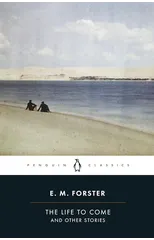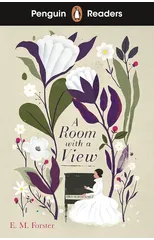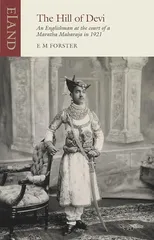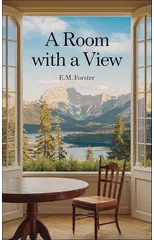"A Passage to India," E.M. Forster's exotic and emotive masterpiece, poses a listener serious questions about preconceptions over race, creed, sex, religion and truth. Set in the era of The British Raj in India, the stunning narrative presents a complex and unsettled society through the voices and innermost thoughts of its many magnetic characters.The Story: Adela Quested travels to India with her chaperone Mrs. Moore, on the premise of deciding whether to marry Mrs. Moore's son Ronny Heaslop, the city magistrate. Finding her India very disappointingly English, Adela jumps at the chance to travel to the distant Marabar Caves with Aziz, a charismatic young Indian doctor.When Adela is subjected to an attempted assault in one of the caves, Dr. Aziz is arrested and tried in court. The volatile situation forces British India's cracks to widen into chasms, although bridges of hope are found in some open-minded British characters like the logical college principal Mr. Fielding.Forster's East-meets-West novel, in tackling the prejudices in India at the time of the British Raj, is as relevant today as when first published in 1924. Narrator Meera Syal is a highly-respected British comedienne, playwright, journalist and actress, perhaps best known for her role in "Goodness Gracious Me."
E.M. Forster
E.M. Forster was a British novelist and essayist known for his insightful social commentary and exploration of human relationships. His most notable works include "A Passage to India," "Howards End," and "A Room with a View." Forster's writing style is characterized by its clarity, wit, and empathy towards his characters. He is credited with pioneering the psychological novel and challenging traditional British social norms. "A Passage to India" is considered his masterpiece, tackling themes of colonialism, race, and cultural misunderstanding. Forster's works continue to be celebrated for their timeless relevance and profound exploration of human nature.





